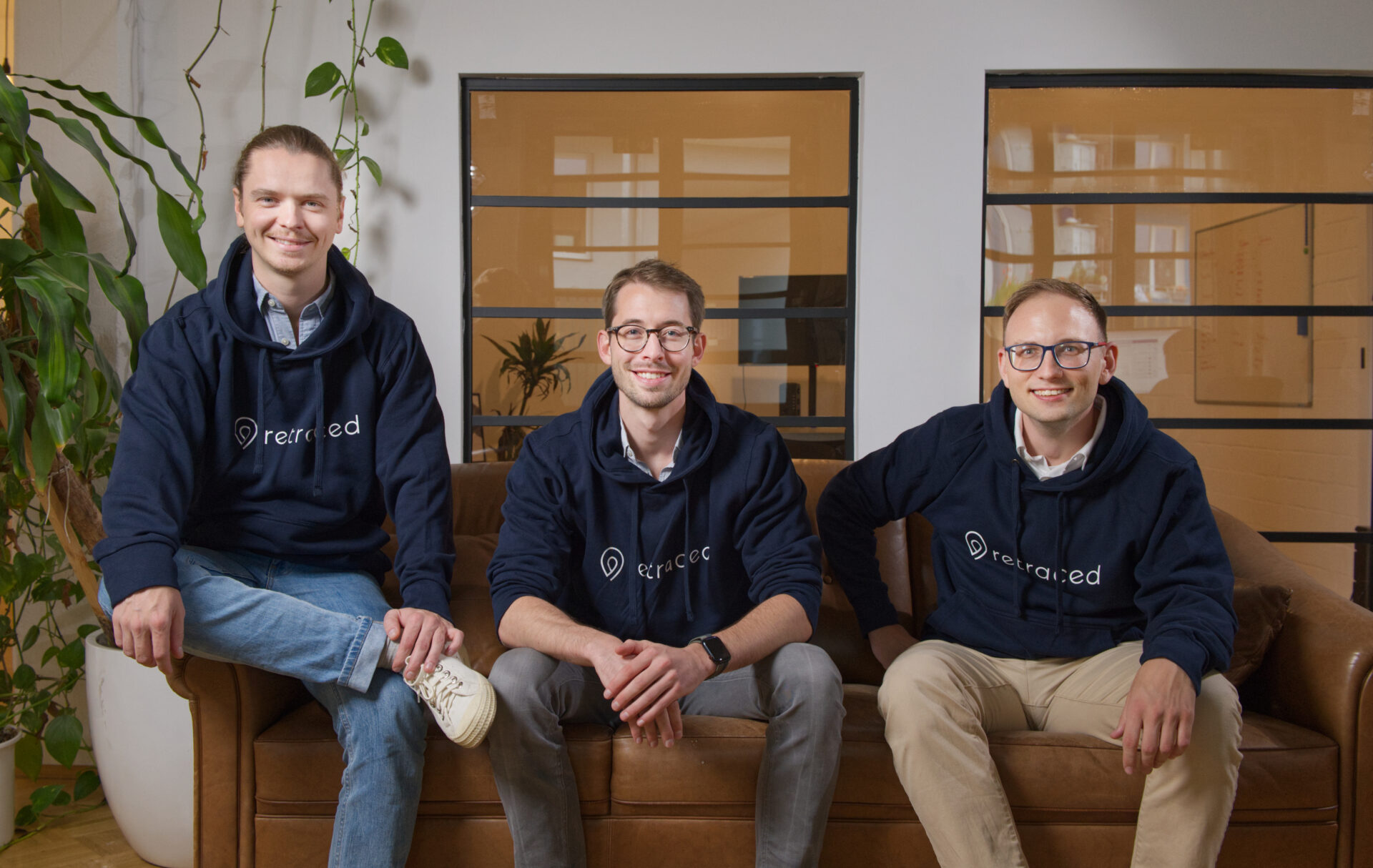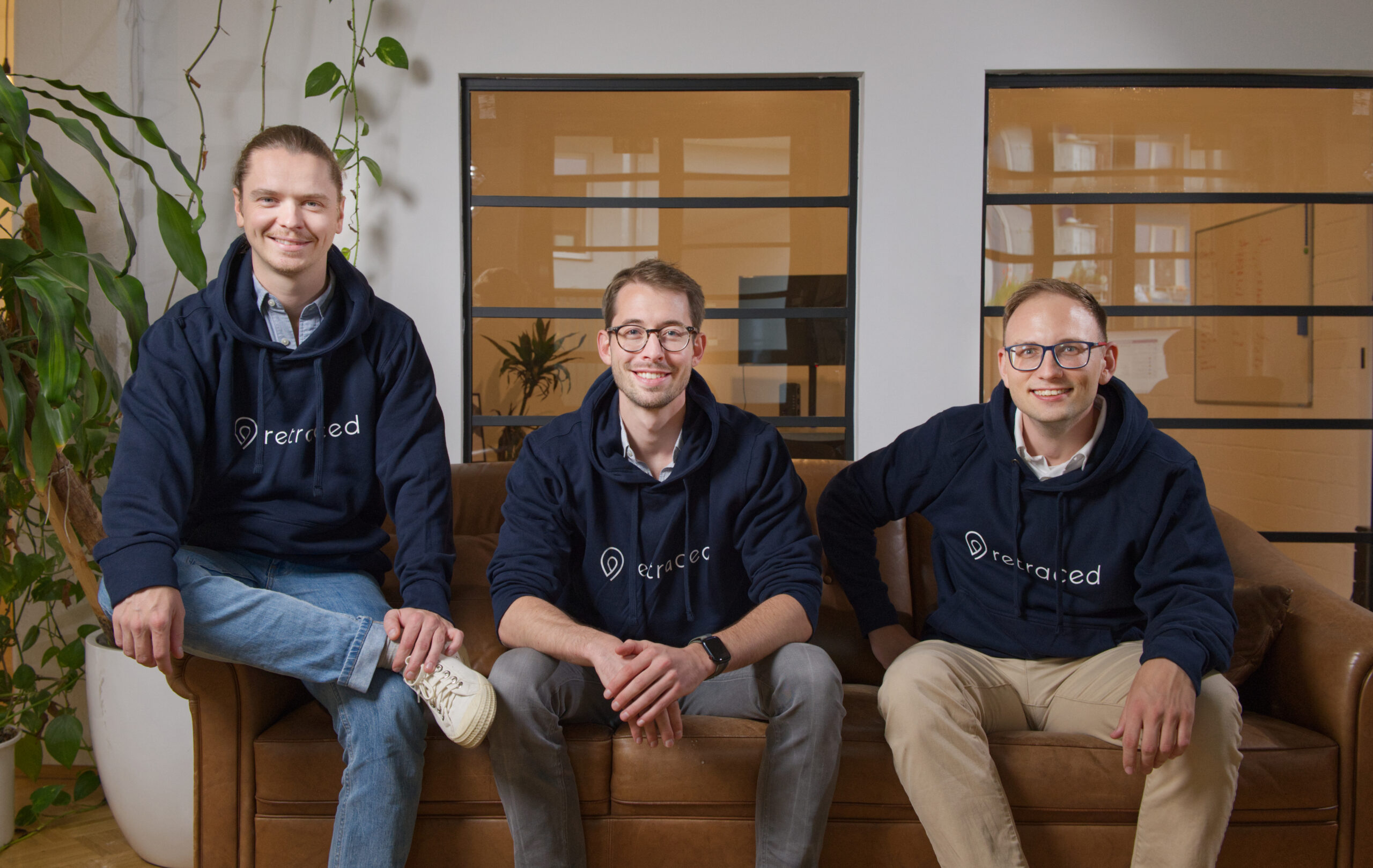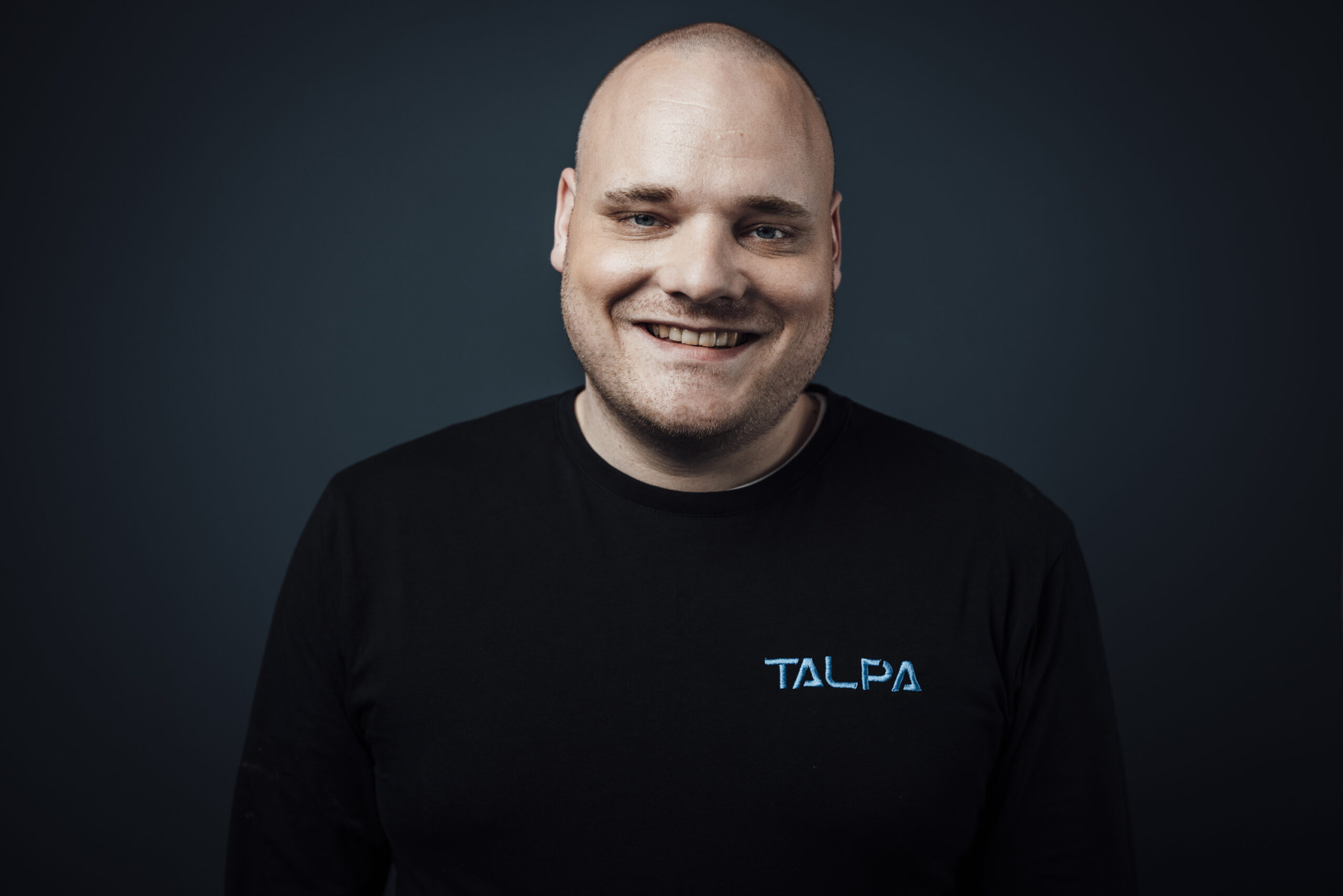
The fashion industry is a giant. With more than 150,000,000,000 (150 billion) items produced annually and a global revenue of almost 2,000,000,000,000 (yes, that's trillion) USD, it's also one of the few industries that just about everybody directly engages with. In fact, roughly 5% of household income in developed countries flows into the fashion industry.
At the same time, the fashion and apparel industry is also reported to be one of the most polluting industries in the world. From an ecological viewpoint, fashion emits 80 times more CO2 than all international passenger flights and cruise lines do together. Reliable research has further shown that 2,150 items are thrown away per second, most of which have been worn 7 - 10 times only. The industry consumes huge amounts of hidden water and pesticides (e.g., 50% of all pesticides in India are used for cotton) and is responsible for 35% of microplastics found in the ocean.
There's another, equally important element to the impact of fashion Comprehensive data suggests that social standards (even in European countries such as Croatia, Serbia, Bulgaria, Ukraine or even Italy) fail to meet minimum requirements. Statistics on social standards in the fashion industry are grim when it comes to compliance with minimum wages, avoidance of child and forced labor, enabling works councils, or adherence to maximum working hours. In a nutshell, clothing is still produced in a legal vacuum.
Change is not easy
Fashion companies face unprecedented supply chain complexity and often lack visibility – not to mention steering capabilities – beyond their direct suppliers. Why? Because…
- Value creation in the fashion world is multi-layered, global, and divided into clearly separated stages, from growing raw materials to sewing garments. The market for each of these stages is highly fragmented, with countless small players, especially in the early stages close to the raw material.
- Larger fashion brands today work with 1,000 to 2,000 direct suppliers, depending on the width of their assortment and their sourcing strategy.
- Product lifecycles are becoming shorter and shorter while the number of collections per year increases as much as lot sizes shrink. Zara, for example, with its 24 collections per year, is setting new standards. This inevitably increases the number of buyer-supplier touchpoints and makes individual supplier relations less strategic.
And the greenwashing award goes toooo…
At the same time, the behavior of fashion labels and producers in relation to ESG is moving further and faster into the spotlight.
The importance of a clean and fair supply chain is now - finally, we should say - being reflected in purchasing decisions. Between 50% - 80% of buyers - depending on the survey and their age group - attach great importance to high standards. Accordingly, the sale of Fairtrade textiles has doubled over the last 6 years. No industry feels the destructive power of negative PR like the fashion industry. Today, reputation and sustainability risks come from unknown factors in global value chains. Nobody wants to be rewarded with a greenwashing award.
Stick to the rules, please!
And then there are the new Supply Chain Transparency laws. Not only in Europe and the USA but worldwide, new laws are coming into force. They downright dictate increased due diligence beyond the direct suppliers - and will make violations economically painful very soon. However, most purchasing managers at the major fashion companies report that they are unable to meet the new consumer and government requirements today. Fashion Revolution's latest report goes even further: only 12% (!) of the top 250 global fashion companies are able to publish reliable information about the origin of their raw materials.
This is where our latest portfolio startup comes into play:
retraced is a digital platform that connects fashion companies with their direct and indirect suppliers across all tiers. This way, they gain unparalleled insights into their supply chain design, practices, and performance. After collecting and exchanging certificates, audit reports, and other ESG-related data sets, retraced detects ESG-related risks within the value chains, suggests and monitors corrective action plans, and allows its users to communicate the insights to consumers, retailers, and governmental authorities - fully digitally and in line with applicable regulations.

And here is why we invested:
- Team first: Lukas’, Philipp’s, and Peter’s understanding of the fashion industry is impressive. Having founded and managed a shoe brand themselves, they have built an outstanding team of fashion, ESG and supply chain experts who have translated their know-how into a highly effective, vertically focused digital platform.
- The success of the solution stands and falls with its acceptance by the many suppliers and sub-suppliers. By focusing on real efficiency gains on the supplier side, the team succeeded in onboarding and activating 7,500 suppliers in a very short time. The respective usage and activity KPIs (daily logins, NPS, …) by far exceed benchmark values which is mostly due to the platform’s intuitive and easy usability.
- retraced allows its customers to take collaborative action to improve production practices in the industry. We believe that is the only way to make a real impact.
- End-to-end and highly granular: retraced covers the entire process from the cotton farm in India to the end-consumer communication in the US. Despite this wide scope, the platform gives highly detailed recommendations, as supply chains can be analyzed by factory, product or order level.
- The new regulations vary considerably from region to region. The Uyghur Forced Labor Protection Act in the USA has different implications than the Supply Chain Act in Germany and the Loi de Vigilance in France. retraced already covers these regional specificities and generates 55% of its sales outside of the European Union, allowing the company to capitalize on the global market potential.
- Yes, the new regulations give retraced a significant boost. Impressively, more than 70% of its users are not directly affected by the new laws today, but use retraced for better supply chain and sustainability performance to remain relevant in the market. retraced is a strategic tool – even for those not exposed to regulatory pressures.

Going beyond ESG
In the broader market view, very few SaaS companies have managed to establish such strong digital access into similarly deep layers of the value chains. Connecting all upstream players on the same platform opens big doors for retraced.
The company has the potential to grow its platform into a leading supply chain management suite for the fashion industry, providing a holistic view of value creation. From strategic purchasing decisions to tactical use cases such as sampling and transportation planning, to operational activities such as order management and track & trace, the platform will provide further significant value to its users.
But first, let's make the fashion industry better for the planet and the people. We're excited to be part of that journey.



